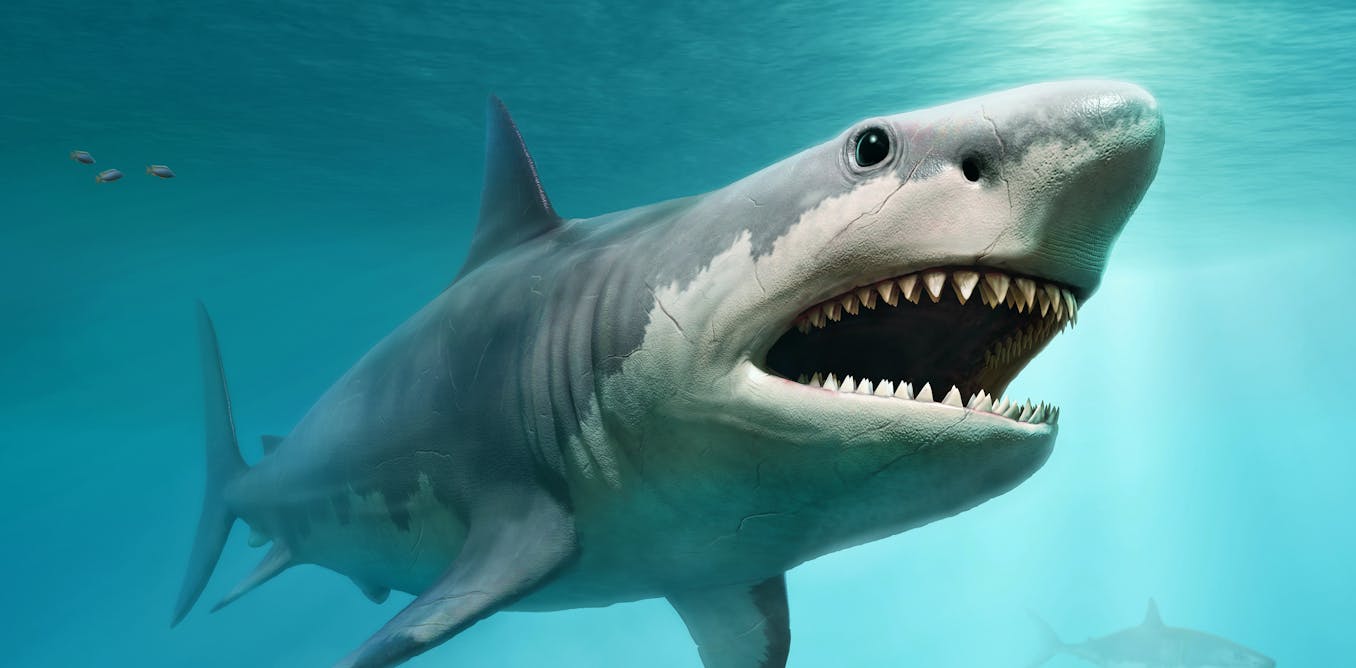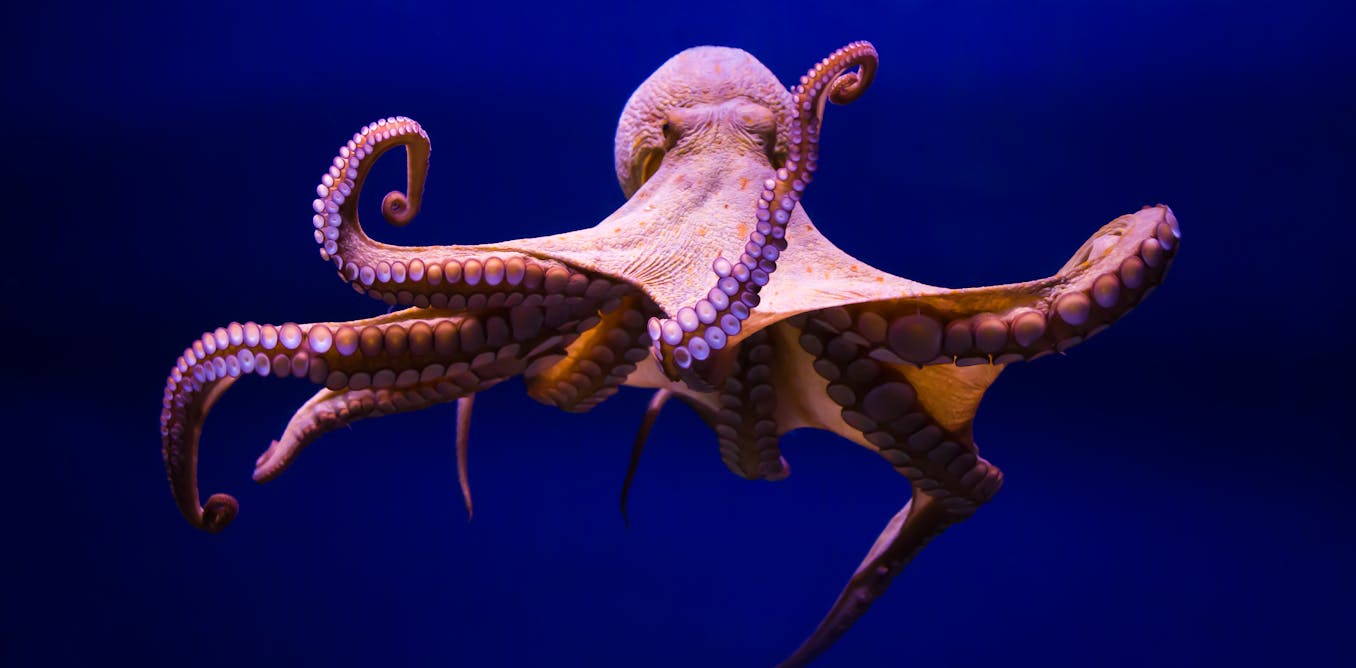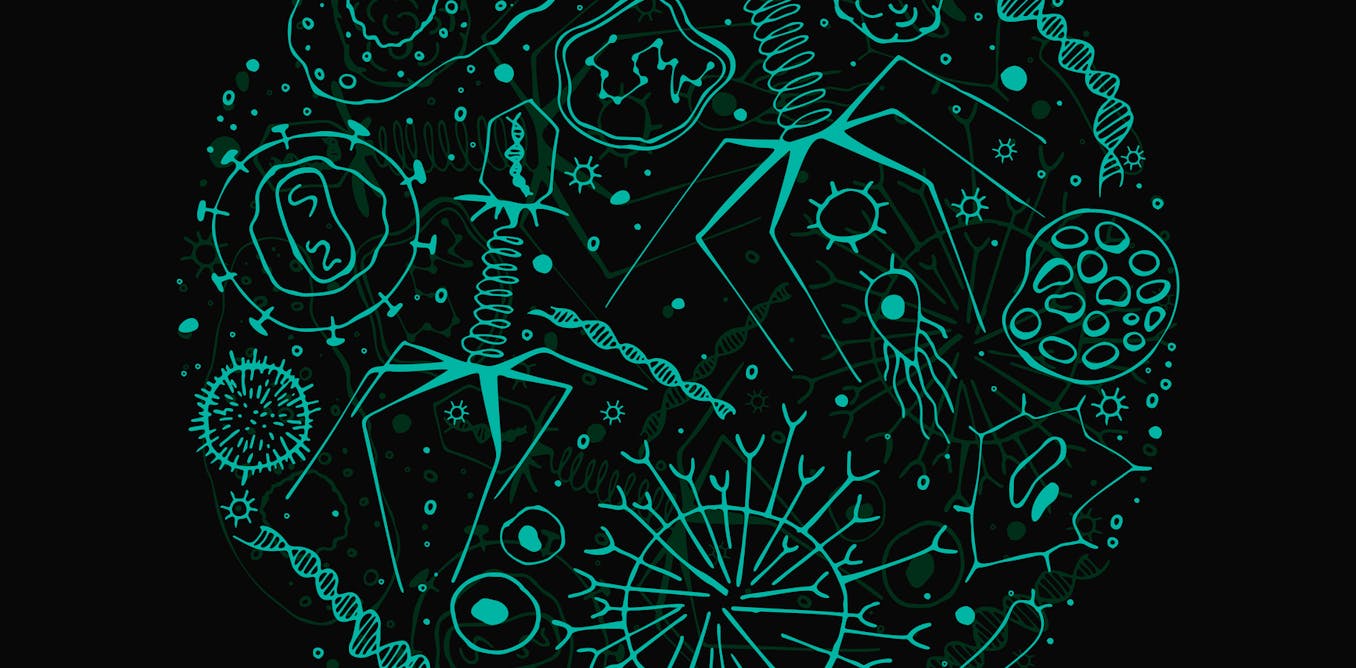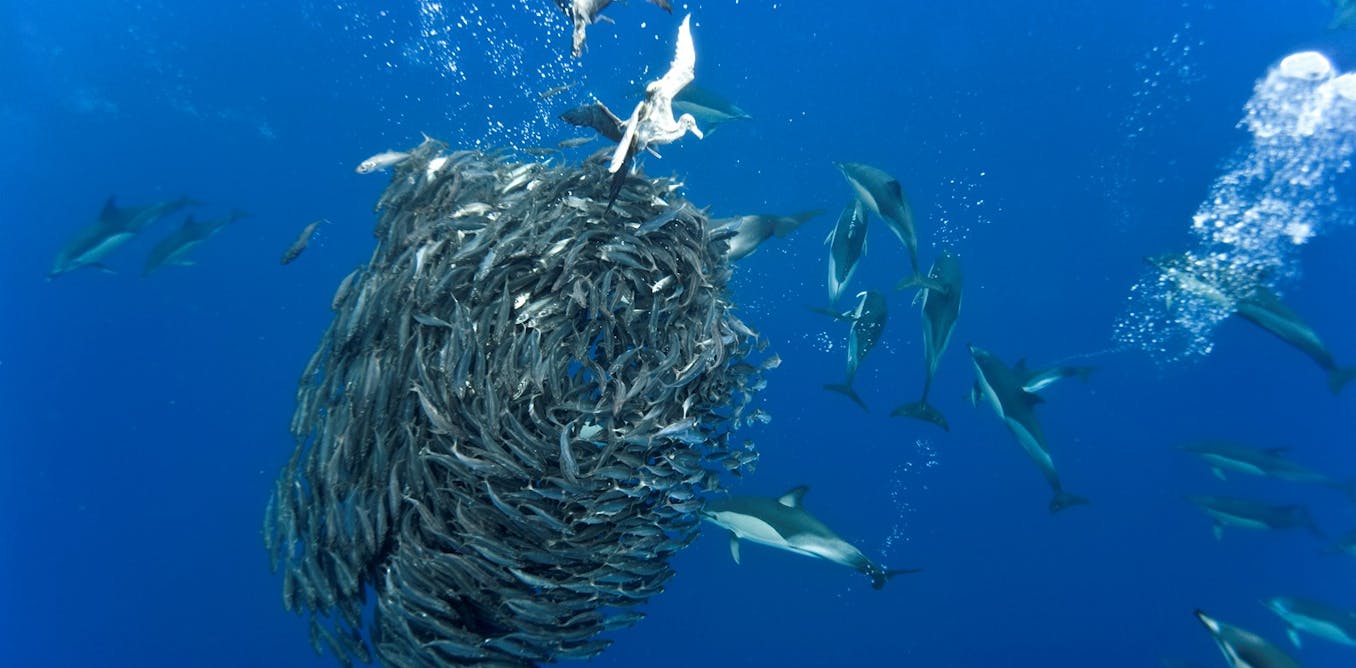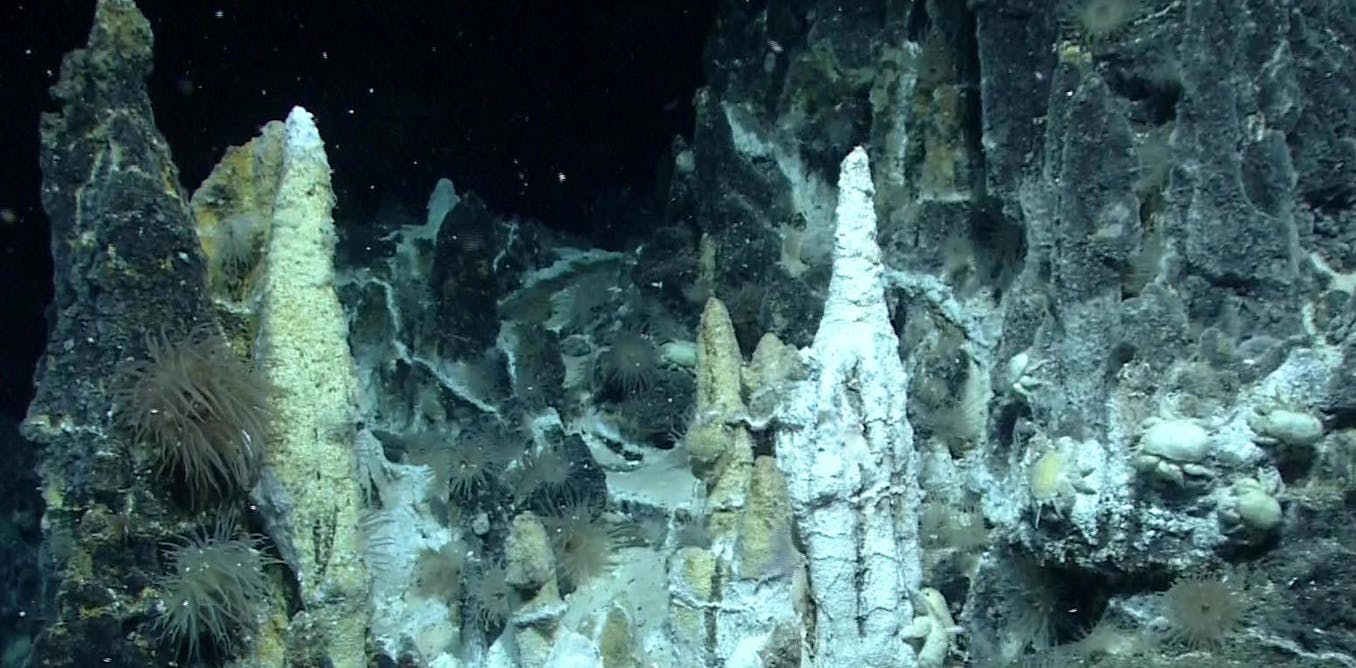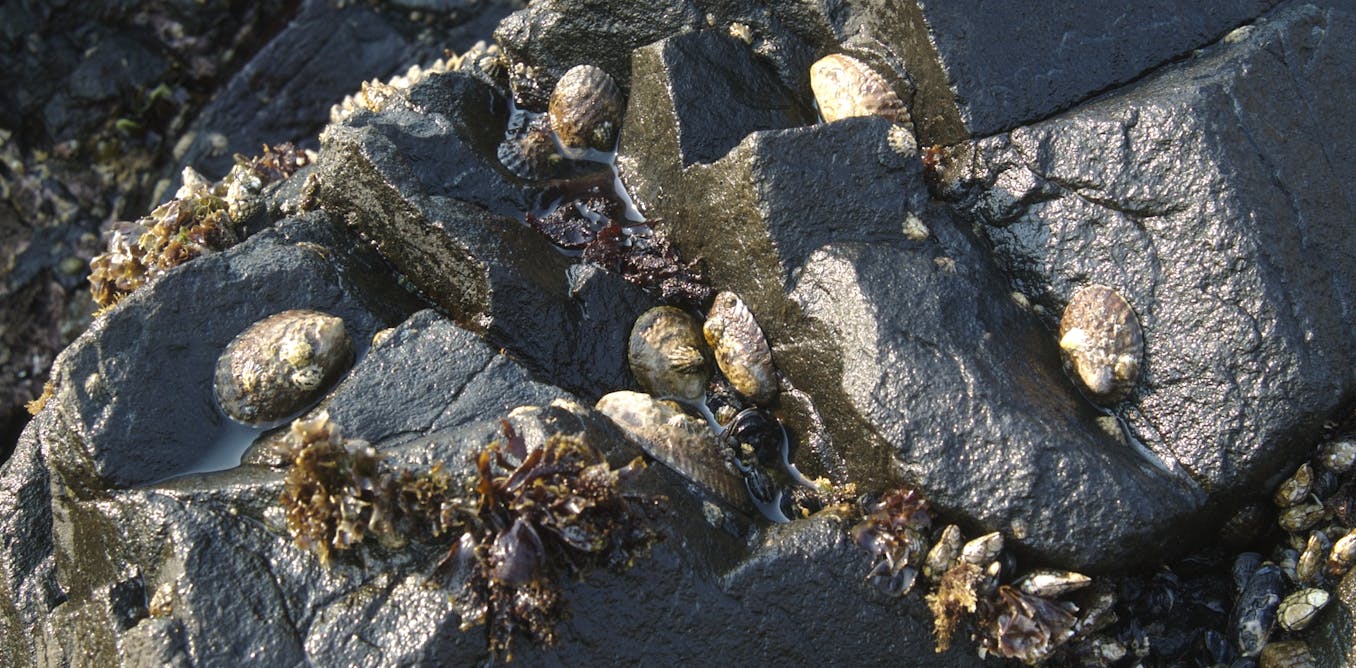The Soviet Union once hunted endangered whales to the brink of extinction – but its scientists opposed whaling and secretly tracked its toll
The Soviet Union was a latecomer to industrial whaling, but it slaughtered whales by the thousands once it started and radically under-reported its take to international monitors.
Aug. 12, 2022 • ~10 min



